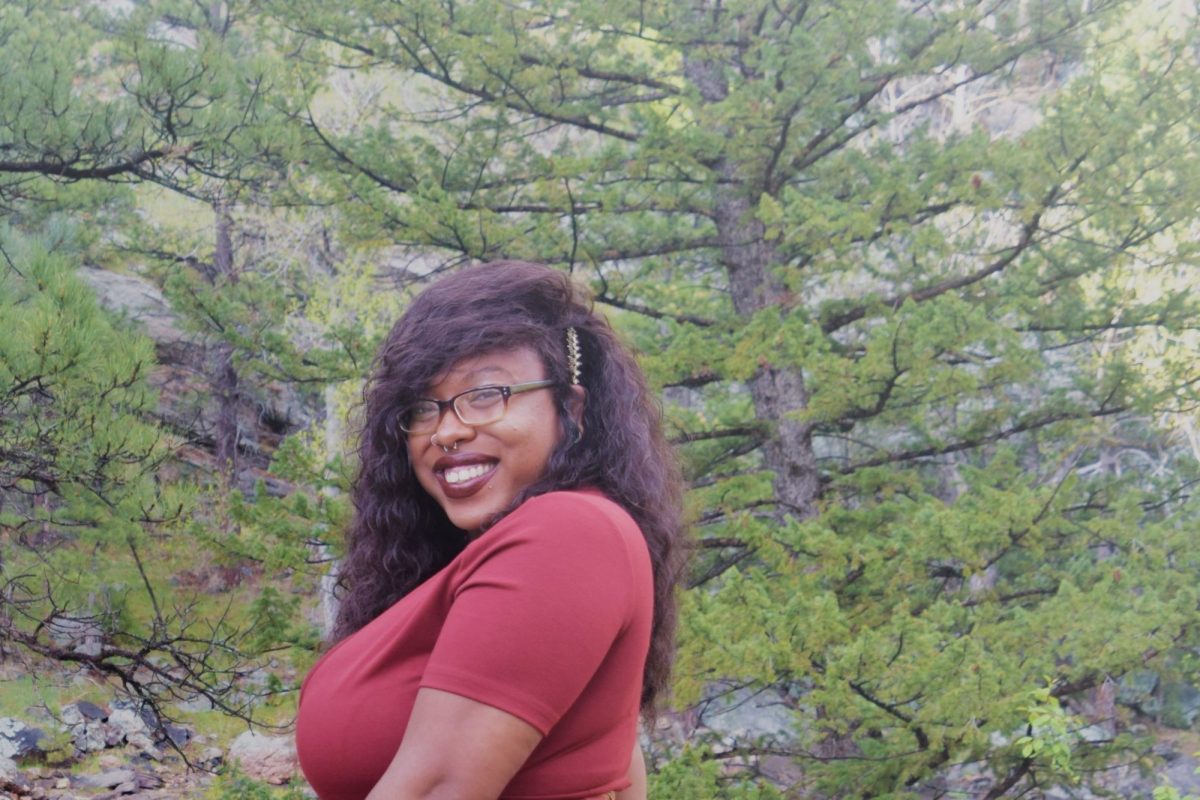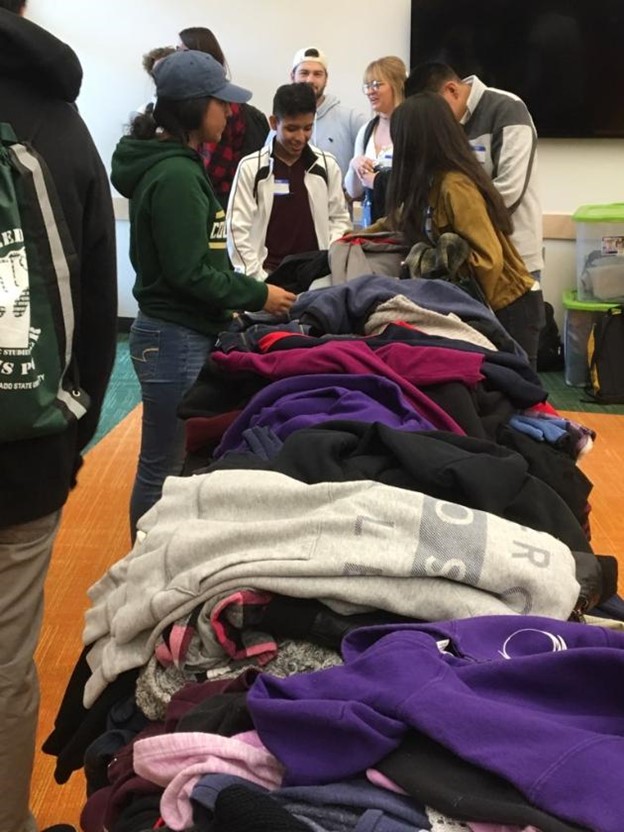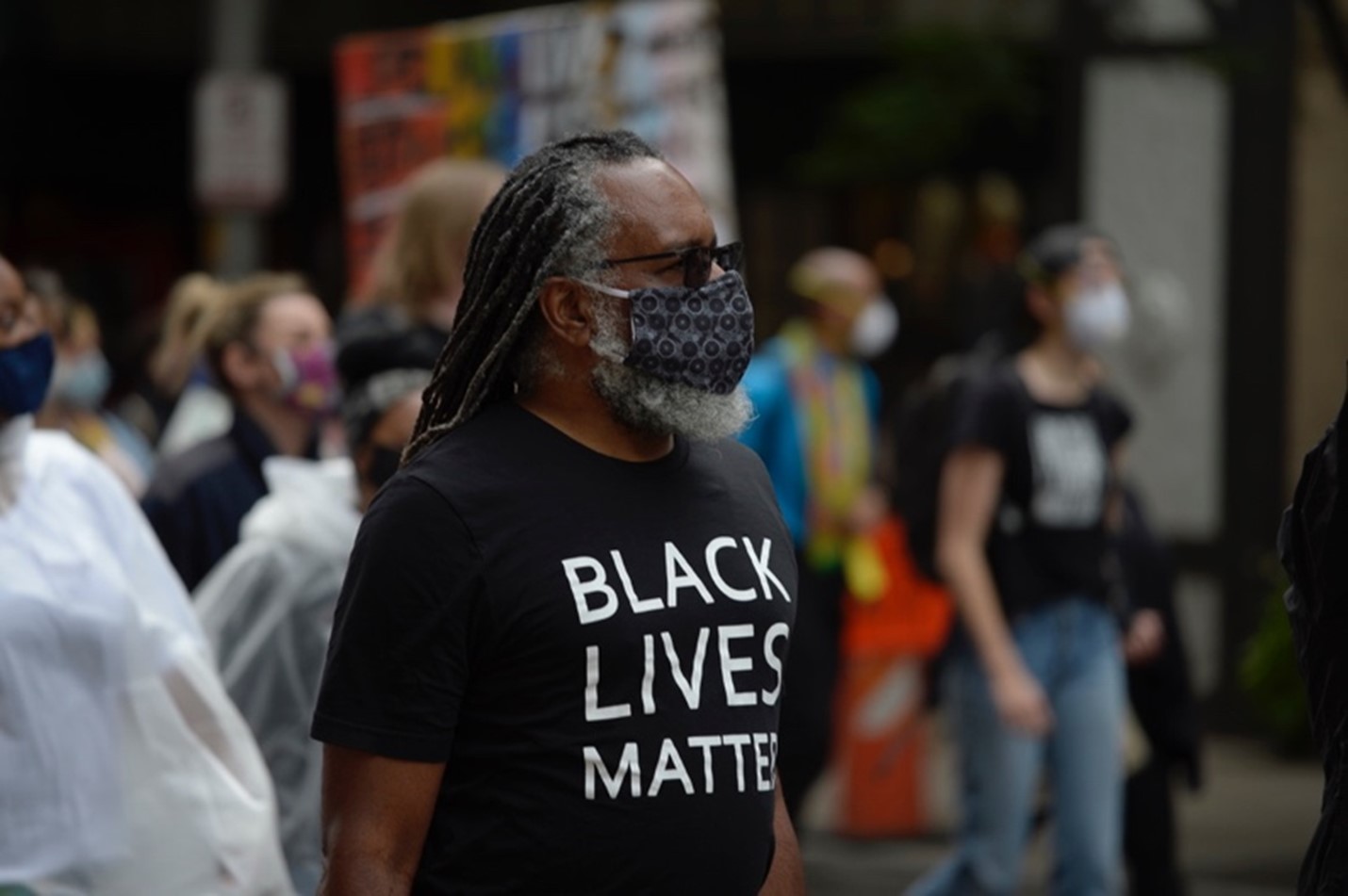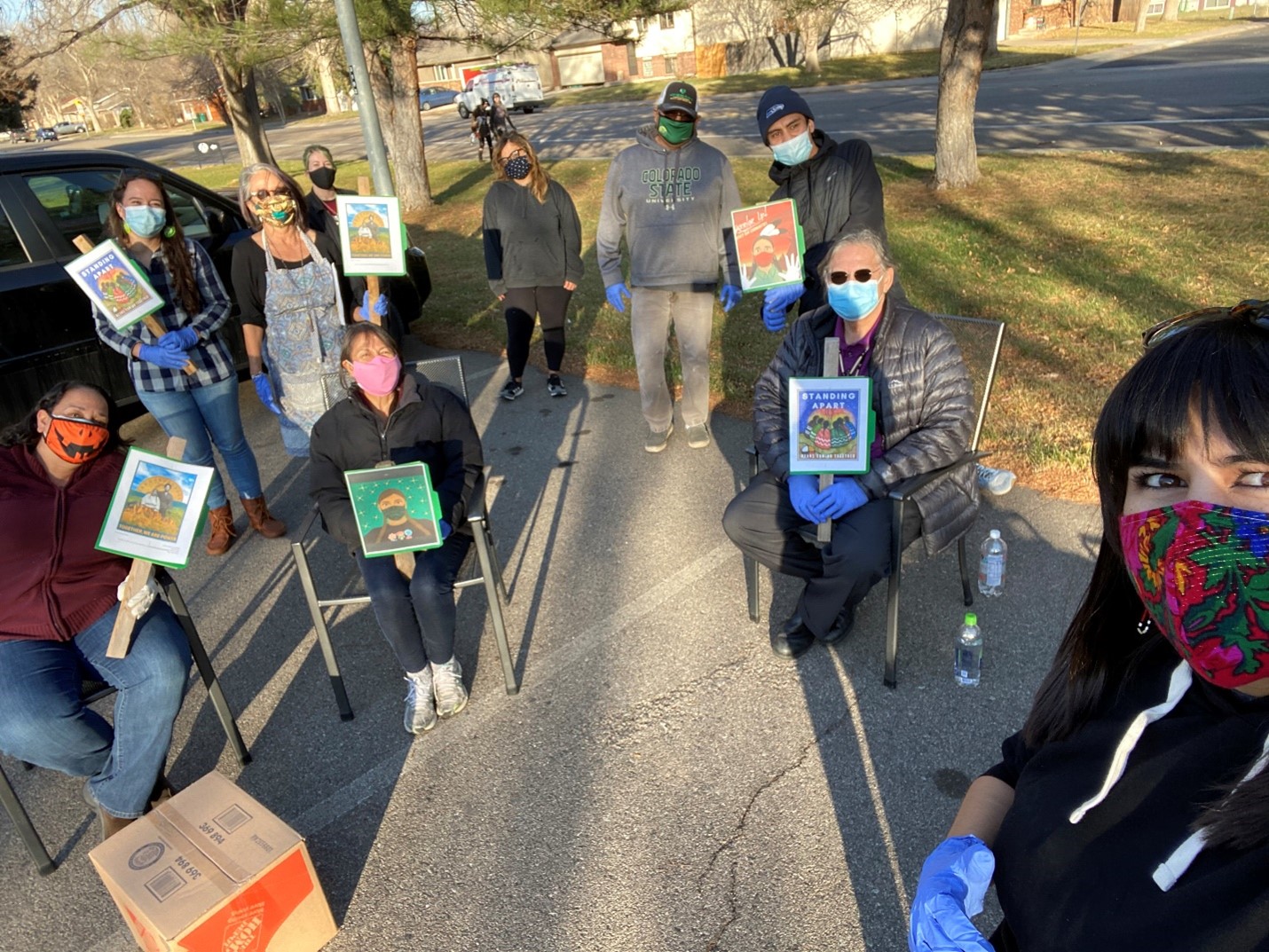Although student mental health challenges have sky-rocketed due to Covid-19, the unique stresses presented by the pandemic have disproportionately impacted students of color. The combined influences of day-to-day life on a predominantly white campus and heightened COVID-19 risks for students of color have created a unique mental health crisis. Experts agree that the challenges students of color face in the current socio-political environment have already negatively affected the mental health of these student communities – COVID-19 has acted as an accelerant.
As a Black, Indigenous, queer woman, former Ethnic Studies student-turned-instructor in the Department of Ethnic Studies, I believe that through this complex state of emergency we as Ethnic Studies faculty are uniquely and expertly providing our students the spaces, resources and support to overcome these new challenges. It is through our distinct passion as educators of issues of race, ethnicity, and nationality that bolsters our dedication to introducing our students to theorists, methodologies, and representations that speak directly to the marginalized but also foster critical contextualization of their experiences in ways that are long-lasting and life-changing.

The unique research and teaching expertise that exists within the Department of Ethnic Studies means that we have a heightened awareness of the challenges that students of color face on our campus and throughout the larger social world. For example, this year Dr. Eric Ishiwata received a two-year, $345,000 grant from the Colorado Health Foundation to deliver health education to Spanish- and Somali-speaking populations via members of those communities. Dr. Lindsey Schneider, assistant professor of Native American Studies, has continued to examine how the current pandemic crisis is highlighting many existing environmental justice issues for Indigenous communities, as well as working to promote events and conversations held through the Native American Cultural Center here at CSU.

With student led community events such as the recent winter clothing drive held by students from Dr. Ishiwata’s Border Crossings: People/Politics/Culture class, and the non-violent Juneteenth March in Denver addressing police brutality and prison reform, not only is it made evident that we are doing the work, but so are our students.
Our classrooms and offices often become the cathartic spaces where many students share their stories of being called racial slurs or seeing them scrawled on a campus wall, viewing racist posts by classmates on social media, or sitting through a racially prejudicial presentation produced by a classmate. As a result, we see our students and others across the nation turn their trauma into activism, often calling for college administrators to condemn and address racism on their campuses.
Our students often engage in social activism and take on positions of leadership that place them at risk of marginalizing their own mental health to concentrate on the fight for racial justice. This social burden inherently lessens the amount of time and emotional bandwidth that many students of color have to dedicate to conventional student experiences, such as creating lasting personal relationships, maintaining a social life, performing academically, and cultivating a sense of self.
The question then becomes, what can we as a university do for our students knowing all that they face?
"We continuously see our students and others across the nation turn their trauma into activism."
For our department, this has meant continuing to broaden our relationships with other campus units and providing support and perspective so we can come together to enrich our students and exemplify the solidarity that we wish to see. Among the recent collaborations, Dr. Ray Black, assistant professor of African American Studies, has worked closely with Dr. Eleanor Moseman of the art and art history department, and Bridgette Johnson, director of the Black/African American Cultural Center (B/AACC) to organize, promote, and support the nationwide street art movement that emerged in the summer of 2020, where the statement “Black Lives Matter” is emblazoned in yellow block lettering on the ground. The artwork connects with the Black Lives Matter movement as well as street and guerilla art, calling attention to the need for antiracism work on personal, social, institutional, and political levels.
Additionally, our students have made us aware of the need for more safe spaces on campus to discuss mental health, more mental health care providers of color, more vocalization of the racially motivated issues at large, and the investment in and accessibility to resources allotted to mental health awareness, especially with health modifications made throughout the institution during the COVID-19 pandemic.
As an institution, Colorado State University has an important opportunity to provide true diversity, equity, and inclusion for all our students through this acknowledgement of racial and political factors involved in mental health stresses. Additionally, the availability and accessibility of mental health services and support we can provide in this crucial time can not only save someone’s educational future, but also their life.

As a prime example of efforts being made toward these goals, the department has continued to be in contact with Johnson of the B/AACC and spread the word about the activism, outreach, community, artwork, and mental health work being done for Black identified students here at CSU who have continued to experience significant and unique mental health impacts due to the impacts of police brutality.
Johnson has diligently worked to bring to the forefront tough issues that Black CSU students are facing such as food insecurity, police brutality, election fatigue, racial aggression on campus and off campus, as well as underrepresentation in classrooms and student organizations.
In addition to the mentorship and counseling offered to Black students through the B/AACC, the center offers weekly and monthly emails to students who self-identify as Black. These emails include social events for community building as well as critical participatory discussions with CSU faculty and staff regarding race, such as the most recent series entitled “Where Are You in the Movement” with Dr. Black.
Dr. Chloe Wright of the Colorado State University Health Network (CSUHN) has provided counseling services for students on campus through the B/AACC for the last four years, and has remained an influential piece of the progressive Black mental health movement here at CSU. As an advocate for Black mental health representation on and off campus, Dr. Wright has been working toward a campus-wide holistic health agenda starting with Black campus community conversations and mental health accessibility for our students.
Chloe’s Corner is an Instagram based extension of counseling offered through the B/AACC and has functioned as a temporary space for students to drop in and receive mental health tips and strategies in a safe space. In addition, Dr. Wright has started a virtual series that features topics about health and safety, such as the most recent “Racial Battle Fatigue.” Whether the conversation is regarding intersectional identities, mental health barriers, or intergenerational trauma(s), we need to keep the conversations about mental health and self-care going.
For many faculty, staff, and students of color here at CSU, the anxieties, and pressures of being institutionally racialized have been exponentially compounded by the added stress of the Covid-19 pandemic. With each new breaking story of racially motivated police brutality and the continued disregard for social justice, the fabric of our lives is heavy with grief, though we are given few spaces to articulate it or heal from it.
In The Relentlessness of Black Grief by Marissa Evans, “grief in this country has always had an equity problem, and 2020 has only amplified the issue.” For our campus community, though students, faculty, and staff are in a complex state of mourning, “we do not have the privilege or time to grieve,” and this is severely impacting our ability to process mental health stress.
The Department of Ethnic Studies acknowledges this by offering an array of courses such as Black Feminisms, Ethnicity and the Media, Contemporary Chicanx Issues, Queer Indigenous Studies, African American History, as well as Asian-Pacific Americans and the Law, that are dedicated to not only ethnic histories, theory, methodology and research but also cultural expressions, ethnic studies movements, identity, and racialized politics. Additionally, this year we have added a minor in Indigenous Studies and are rigorously reshaping both our undergraduate and graduate programs to reflect the ever-changing sociopolitical issues that our students are facing, their interests, and advancements being made in our field of study.

As Ethnic Studies scholars, we have become that community grieving space through our embracing of the critical conversations of our traumatic racial histories as well as our willingness to distinguish the connections of those legacies to our contemporary strife. The goal now is to not only frame this as a dialog reserved for our classrooms, but one that opens new doors for our potential as a university to fully encompass racialized mental health awareness into student life and health resources here at CSU.
"As Ethnic Studies scholars, we have become that community grieving space through our embracing of the critical conversations of our traumatic racial histories as well as our willingness to distinguish the connections of those legacies to our contemporary strife."
Through our critical engagement with conversations of race we have been able to facilitate more open dialog across campus to build our campus community, strengthen our relationships with student support services, and create critical race curriculum that reflects the changes we want to see at our university.
